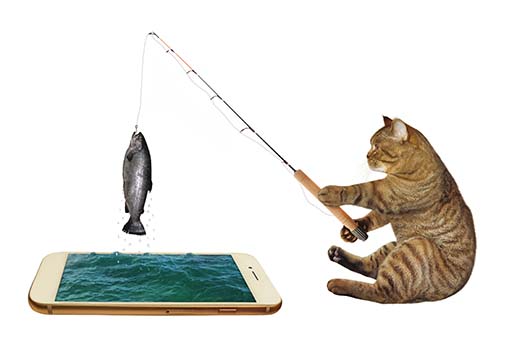Romance scams
Online dating can be safe but it’s wise to be careful, because people have been exploited through online relationships. We will explore two types of friendship or dating scams: catfishing and revenge porn.
Catfishing
A relationship starts online and after trust has built up, the scammer asks you to transfer them money. They may say they have lost their credit card, or they are stuck abroad and need funds to cover their travel home. This is often called a romance scam or
The second kind of romance scam may be a relationship or just a brief online exchange during which images or video of nudity or sexual acts are taken. The scammer then threatens to post the content online unless payment is received. This kind of scam is often referred to as
If you have been a victim of a romance scam, report it.
Police Scotland has information on romance fraud [Tip: hold Ctrl and click a link to open it in a new tab. (Hide tip)] on its website.
Have you been scammed?
If you think you’ve been a victim of an online scam, do not suffer in silence and don’t be embarrassed to report it. Which?, a consumer rights organisation, has a useful guide to where to report different types of scams.
If you feel you need emotional support and would like to talk to someone about your experience of being scammed, you can contact Victim Support (UK).
Call 0808 168 9111 or email
Activity 5.2: What to do if you’ve been scammed
Look again at the different types of online scams in this section and choose one. Then have a look at ‘How to spot a fake, fraudulent or scam website’ on the Which? website. Use the space below to make notes on what you would do if you were a victim of a similar scam.
Discussion
Here are some ideas:
You could report phishing or email scams to your email provider (such as Gmail) as spam or junk mail. If the email claims to be from a genuine company, such as your bank, tell them so they can let other customers know that it is a scam.
If you think your identity has been stolen, report it to your bank or credit card provider immediately.
Financial scams can be reported to Action Fraud, the UK’s national fraud and crime reporting centre.
Revenge porn (or sextortion) can be reported to Police Scotland.
You can also report a scam to your local Citizens Advice centre, who may pass it on to Trading Standards staff.
Health scams

